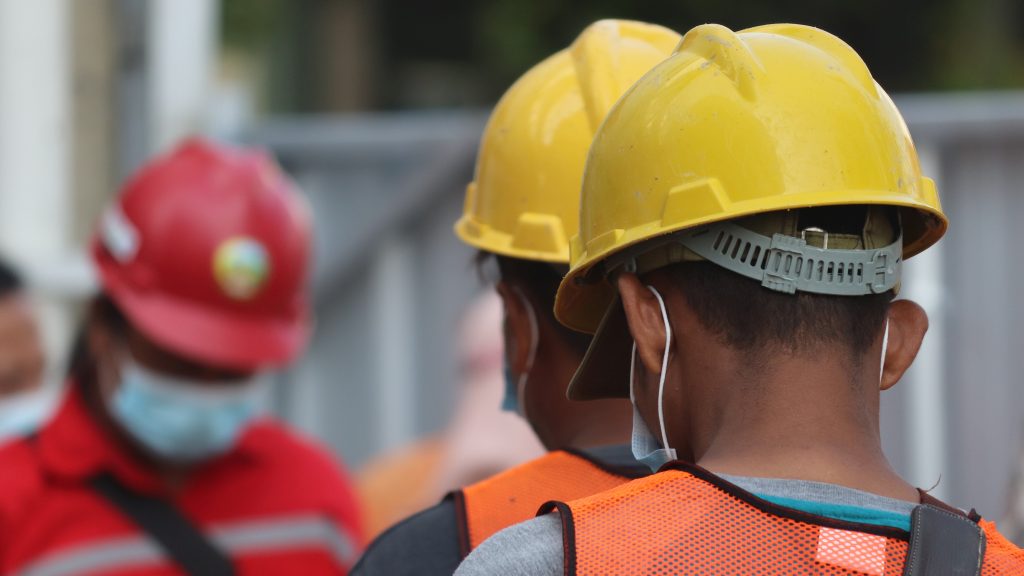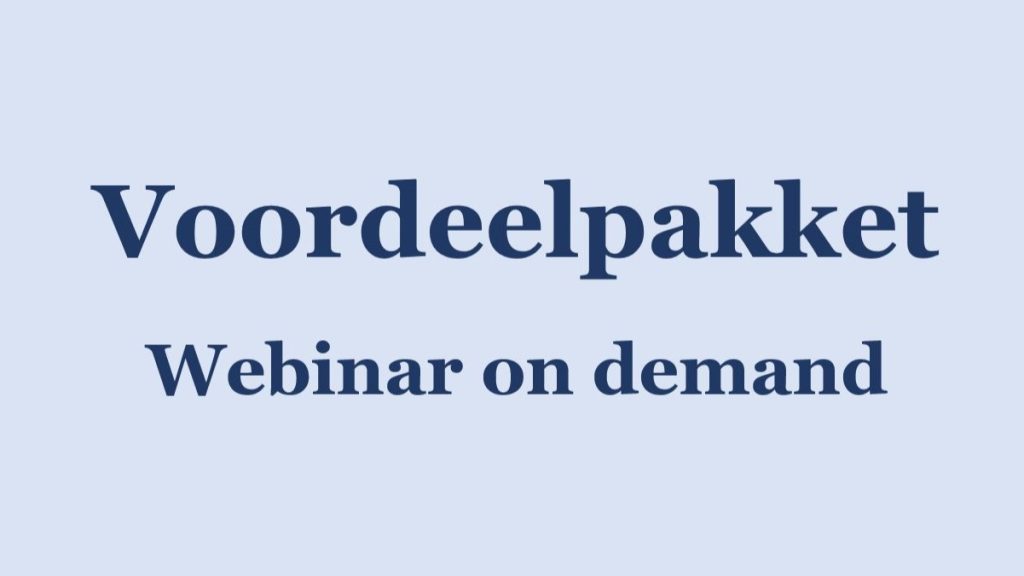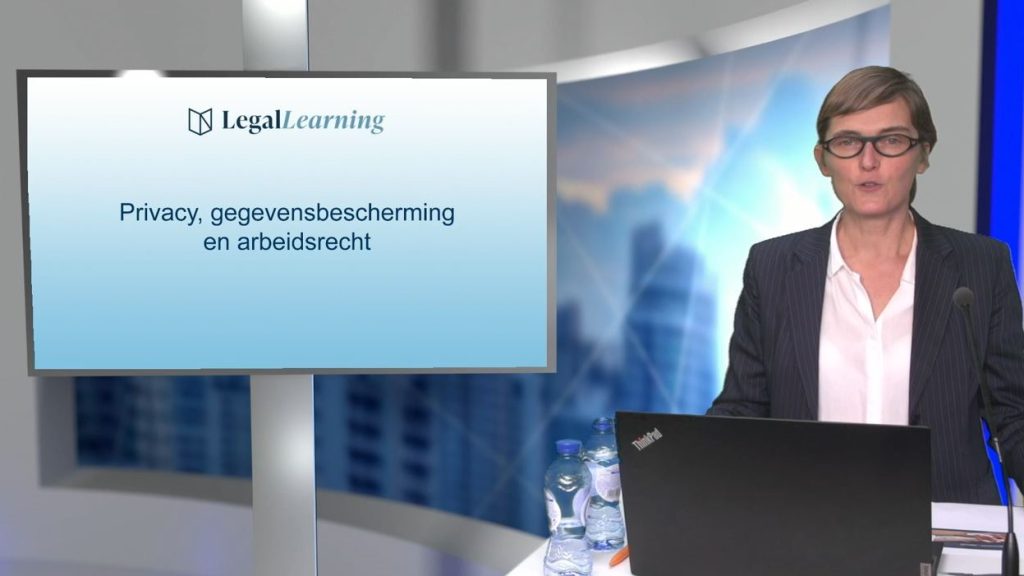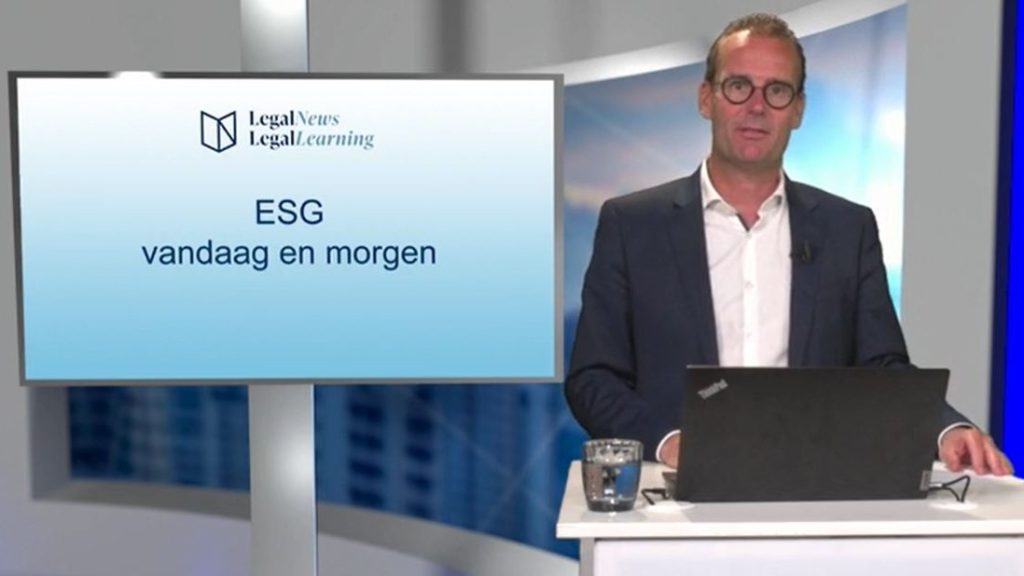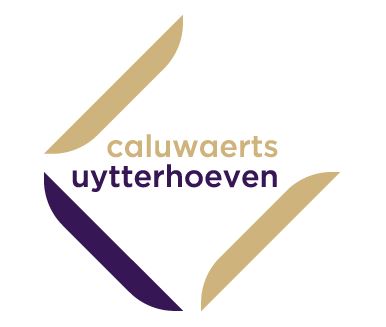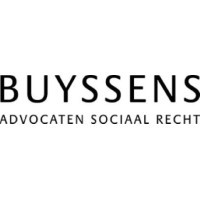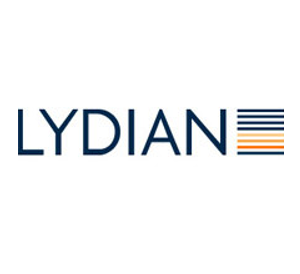Intellectuele eigendomsrechten in de onderneming:
wie is eigenaar van door werknemers en dienstverleners ontwikkelde creaties?
Dr. Nele Somers (ARTES) en mr. Veerle Scheys (Mploy)
Webinar op dinsdag 23 april 2024
Het nieuwe Boek 6:
de impact op de werkvloer
Mr. Chris Persyn (Cautius)
Webinar op donderdag 4 juli 2024
HR-aspecten bij M&A transacties
Mr. Nele Van Kerrebroeck (Linklaters)
Webinar op donderdag 16 mei 2024
Vakantiedagen en het arbeidsrecht
Mr. Kato Aerts en mr. Sarah Witvrouw (Lydian)
Webinar op dinsdag 11 juni 2024
Tewerkstelling van buitenlandse werknemers:
nakende ingrijpende wijzigingen
Mr. Sophie Maes en mr. Simon Albers (Claeys & Engels)
Webinar op donderdag 25 april 2024
6 months of single permit: experiences and best practices (PwC Legal)
Authors: Bart Elias, Pascale Moreau and Marc Mostin (PwC Legal)
Publication date: 16/07/2019
The EU Directive ‘Single Permit’ (2011/98/EU) needed to be transposed into Member States’ legislation by 25/12/2013. The single permit allows non-EEA employees to come and reside in any EU Member State for work purposes for more than 90 days without having a separate work and residence permit but, instead, one merged “permit” covering both the work authorisation and the residence. Being the last EU Member State where the legislative process took a very long time, Belgium finally also knows the practice of the single permit procedure since January 2019. How and what can be learnt from this first half year of practice?
Our overall feeling after 6 months of application of the single permit procedure (new single permit application and renewal of “old” work and residence authorisation) is that the procedure is still a work in progress and requires some more streamlining. Below, we have gathered the most common difficulties employers and employees (and PwC as a proxy holder) are faced with, some recommendations to mitigate the negative consequences of the new process, and our suggestions to improve the single permit experience.
Longer processing times and no “fast track” routes
Although the authorities had initially the intention to reduce the total processing time to a minimum, the reality is quite different: the average processing time takes between 3 and 4 months without there being an effective opportunity to speed up the examination process (except in a few situations subject to very limited constraints). To avoid any frustration for the employee and the employer, our recommendation can only be to schedule the start of employment well in advance and to take into account the current possible processing period, which on average can vary from 3 to 4 months.
Unfortunately, the slow processing also applies to renewal files where in principle it is allowed to apply for the extension no later than 2 months before the expiry date of the work permit. A lot of renewals are, however, only granted far beyond the validity term of the current work permit and even of the residence permit. Our recommendation in this respect is to try to apply for renewals already 4 months before the expiry date of the current work permit. Certainly a positive note to mention is the practical solution (since 17 June) of the Flemish Region granting a temporary work authorisation (up to 3 months maximum and not beyond the validity term of the residence permit) for renewals where the work permit expires within 3 months. This way, the employee can continue to work even after the expiry of the work permit (and until the expiry of the valid residence permit) in case the Immigration Office has not yet taken the final decision.
Annexes 46 and 49
Annexe 46 is the final approval issued by the Immigration Office regarding the single permit. When the employee receives the Annexe 46 document, (s)he is allowed to apply for the visa D at the Belgian Embassy. The same applies to renewals where a person needs to obtain first the Annexe 49 document at the town hall.
Under the new rules, a person is not allowed to start work until (s)he has also obtained the Annexe 49 document, which can be considered as the ‘temporary document’ awaiting the final single permit after the start of registration at the town hall. This is not only quite unlogic if you compare the “old” situation (before January 2019) where a person could already work once the ‘work permit’ had been granted. Now, when an employee arrives in Belgium with the Annexe 46 document as final approval, (s)he needs to make sure to apply for Annexe 49 as soon as possible, even if (s)he resides first in a temporary housing. This is because, if this person changes addresses, and the registration has not yet been finalised, (s)he will have to start the process all over again and apply for a new Annexe 49 at the new town hall… Our wish and hope is that the Belgian Residence Act will be amended to allow for some more flexibility in this respect.
Work permits B still applicable in some cases
Whereas the single permit is required for working and residence periods exceeding 90 days, work permit B can still be used for short working periods of up to 90 days. The regional authorities grant the work permits B very strictly without the possibility to apply e.g. for a work permit B for 6 months during which the employee will never ‘use’/exceed more than 90 days (e.g. project workers who would come over on a very irregular basis to contribute to a project). Such employees are recommended (required) to try to concentrate the project work during periods having a duration that is more extended than their client might have initially foreseen.
The single permit can be directly obtained for up to 3 years
Although this is more directly linked to the regional labour market policies with regard to non-EEA employees rather than the single permit implementation itself, note that it is now possible in the Flemish, the Brussels and also the Walloon Region to obtain a single permit for 3 years (provided that an assignment letter or an employment agreement is concluded for at least this duration).
Digitisation
The Flemish region is taking steps to enable the submission of single permit applications through a secure, digital environment by later this year. This will allow better follow-up on pending applications and renewals. However, it will not include a direct link to the Immigration Office, or allow follow-up of the file once it is transferred there.
The digital platform between the different immigration authorities is not yet developed nor operational. Once it will become installed it is expected to facilitate the exchange of information between the region authorities and the Immigration Office.
» Bekijk alle artikels: Arbeid & Sociale zekerheid






